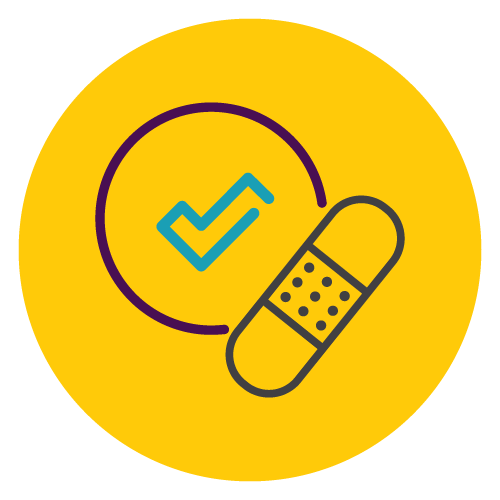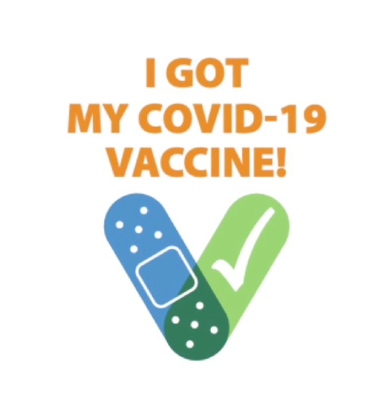COVID-19 Vaccine Information
COVID-19, flu, and RSV vaccines are now available.
Vaccines will be available at healthcare provider offices, pharmacies, and local health departments. Community vaccine clinics may also be held at worksites, schools, health clinics, and other locations. You can also search for a vaccine provider near you at vaccines.gov. Not all locations may have each type of vaccine.
Call before you go to check vaccine availability and contact your health insurance or the vaccine provider about any costs before receiving the vaccines.
Where can I get vaccinated?

Are COVID-19 vaccines safe?
COVID-19 vaccines are safe and effective. COVID-19 vaccines were evaluated in tens of thousands of participants in clinical trials. The vaccines met FDA’s rigorous scientific standards for safety, effectiveness, and manufacturing quality needed to support emergency use authorization (EUA).
Millions of people in the United States have received COVID-19 vaccines, and these vaccines will undergo the most intensive safety monitoring in U.S. history. This monitoring includes using both established and new safety monitoring systems to make sure that COVID-19 vaccines are safe.
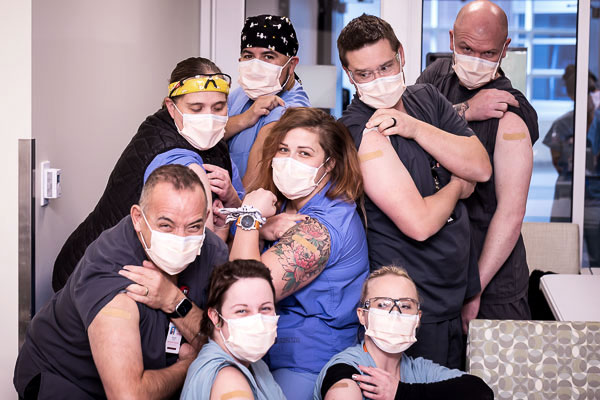
U of U Health
7 facts you need to know about COVID-19 vaccines

Fact #1
COVID-19 vaccines don’t give you COVID-19.
COVID-19 vaccines don’t contain any part of the virus, so it can’t cause you to get COVID-19. COVID-19 vaccines protect you from the virus. You may get side effects after you get vaccinated, like a sore arm or fever. These are normal and common.

Fact #2
COVID-19 vaccines are safe, even though they were developed quickly.
No steps were skipped developing COVID-19 vaccines. Scientists around the world have been working on this technology for more than a decade. This is why it was possible to make a safe and effective vaccine available very quickly.

Fact #3
COVID-19 vaccines may protect you against more than one strain of the virus.
Viruses change, or develop small mutations, over time. Data shows COVID-19 vaccines are effective against the strains we’ve seen so far of the virus that causes COVID-19.

Fact #4
COVID-19 vaccines don’t change your DNA.
COVID-19 vaccines are mRNA vaccines and don’t interact with your DNA in any way. They trigger an immune response that creates antibodies to protect you from getting infected with COVID-19.

Fact #5
COVID-19 vaccines have not been linked to infertility or miscarriage.
COVID-19 hasn’t caused infertility in women who’ve had the virus, so there’s no reason to think the vaccine would cause it. There was some information spread online that was not true; saying that the protein in the vaccine attacks a protein in the placenta. This is not true. The small number of amino acids in the two proteins would not cause that effect. COVID-19 vaccines haven’t been tested in pregnant women, but pregnant women do get vaccinated for other illnesses during pregnancy. Pregnant women have an increased risk for severe illness from COVID-19 and there is a chance you could give COVID-19 to your baby after he or she is born. Talk to your doctor to see if you should get vaccinated.
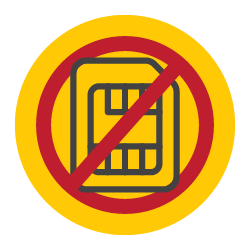
Fact #6
COVID-19 vaccines don’t contain microchips or tracking devices.
Misinformation that COVID-19 vaccines contain microchips or tracking devices has been proven false. We know exactly what is in each vaccine. The list of ingredients in each vaccine can be found here.
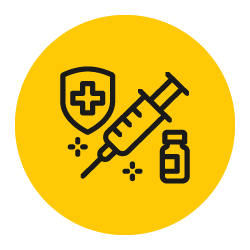
Fact #7
Some people should get vaccinated as soon as possible.
If you have a weakened immune system, certain health problems (like cancer or diabetes), or are older than 50 years of age you are more likely to get severely ill from COVID-19. COVID-19 vaccines are safe and effective for people with chronic diseases or conditions.
What are the side effects of COVID-19 vaccines?
It is common for people to have mild or moderate symptoms or side effects after they get a vaccination. There is usually no reason to worry if you get mild to moderate symptoms a few days after getting vaccinated. This means your body has started working to create an immune response and is learning to fight the disease. Mild or moderate symptoms include things like a fever or redness around an injection site.
Learn more about side effects here.
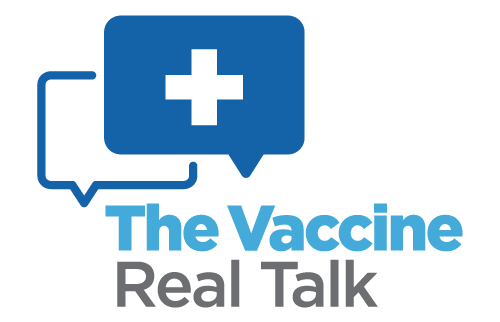
Official vaccine information for the state of Utah
Utahns encouraged to protect themselves from respiratory illness this fall and winter
September 13, 2023Long COVID, travel vaccines, and a sincere farewell
April 27, 20236 reasons why older adults need immunizations
February 17, 2023Make a choice for better health.
Sign up here to receive emails from the Utah Department of Health and Human Services. We'll send periodic messages about disease prevention, new data, our services and programs, and practical tips and strategies for living a healthy and safe life.
Stay healthy. Stay protected.
We recommend everyone practice the health behaviors we know reduce the spread of COVID-19.
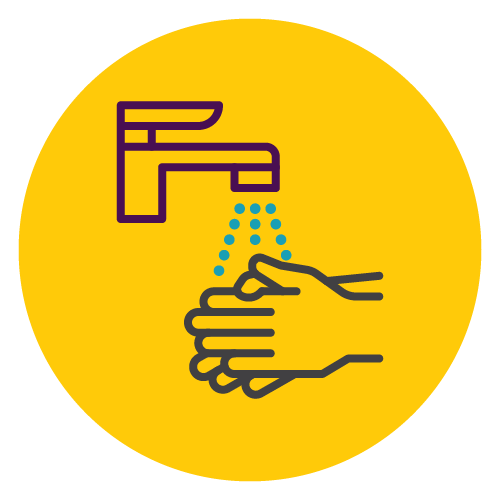
Wash hands
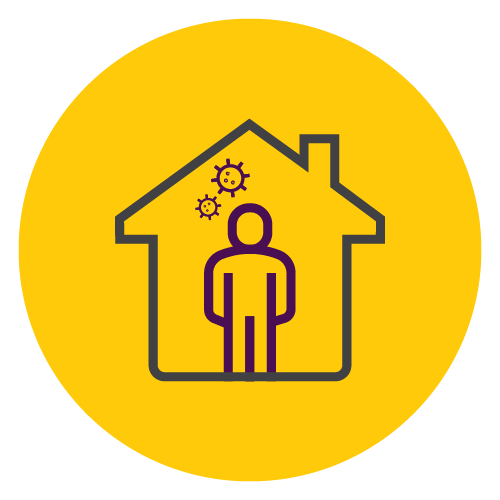
Stay home when sick
